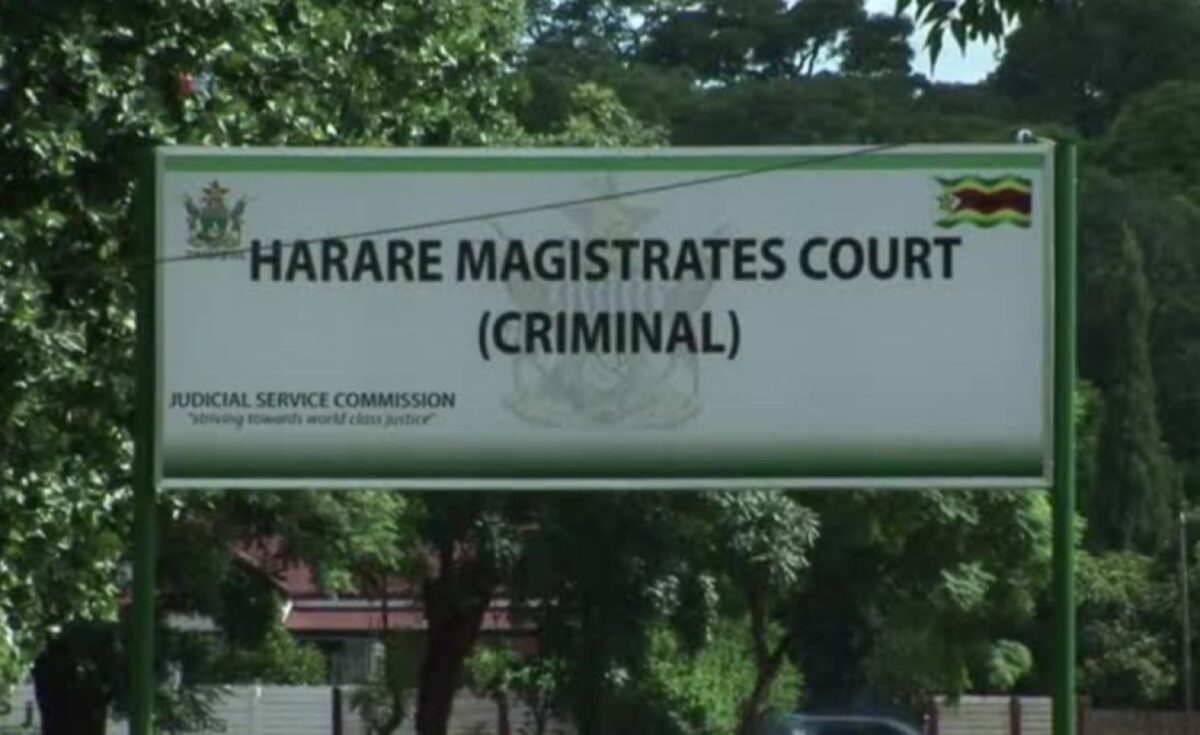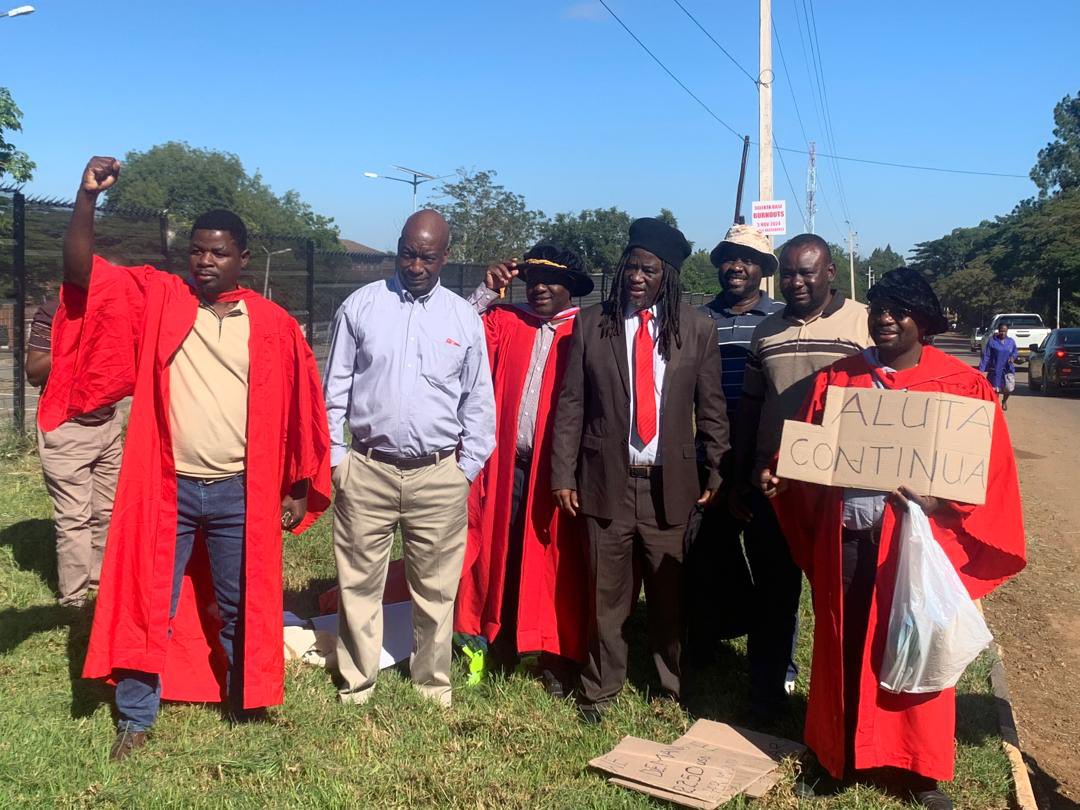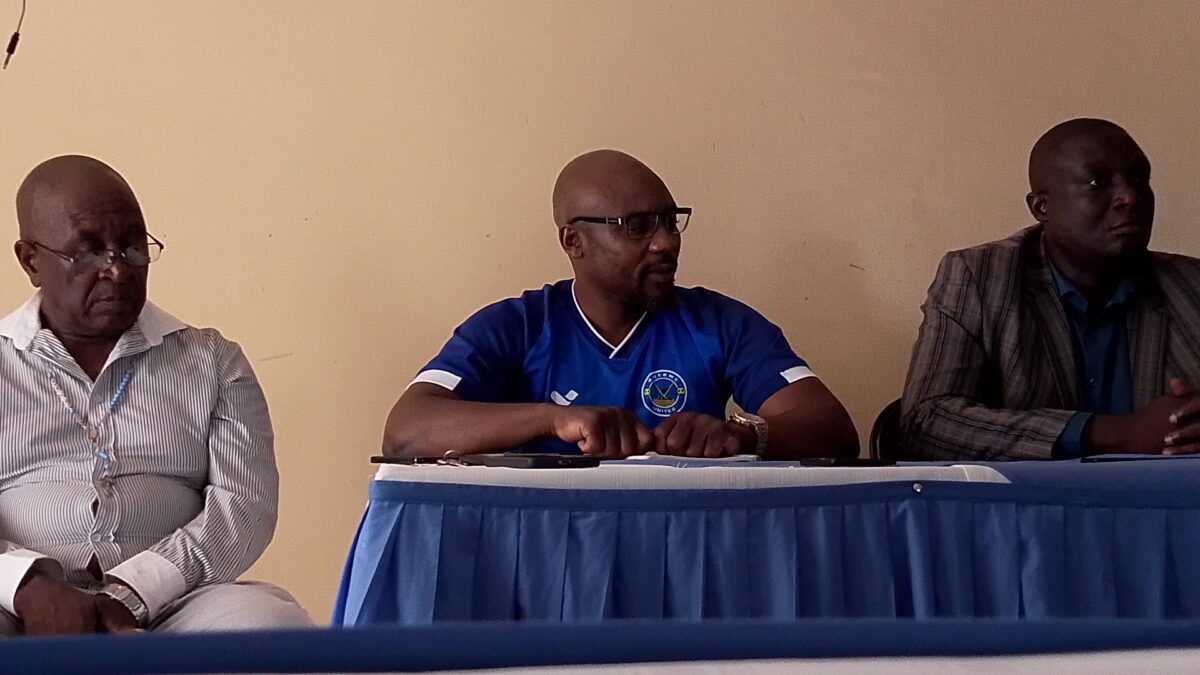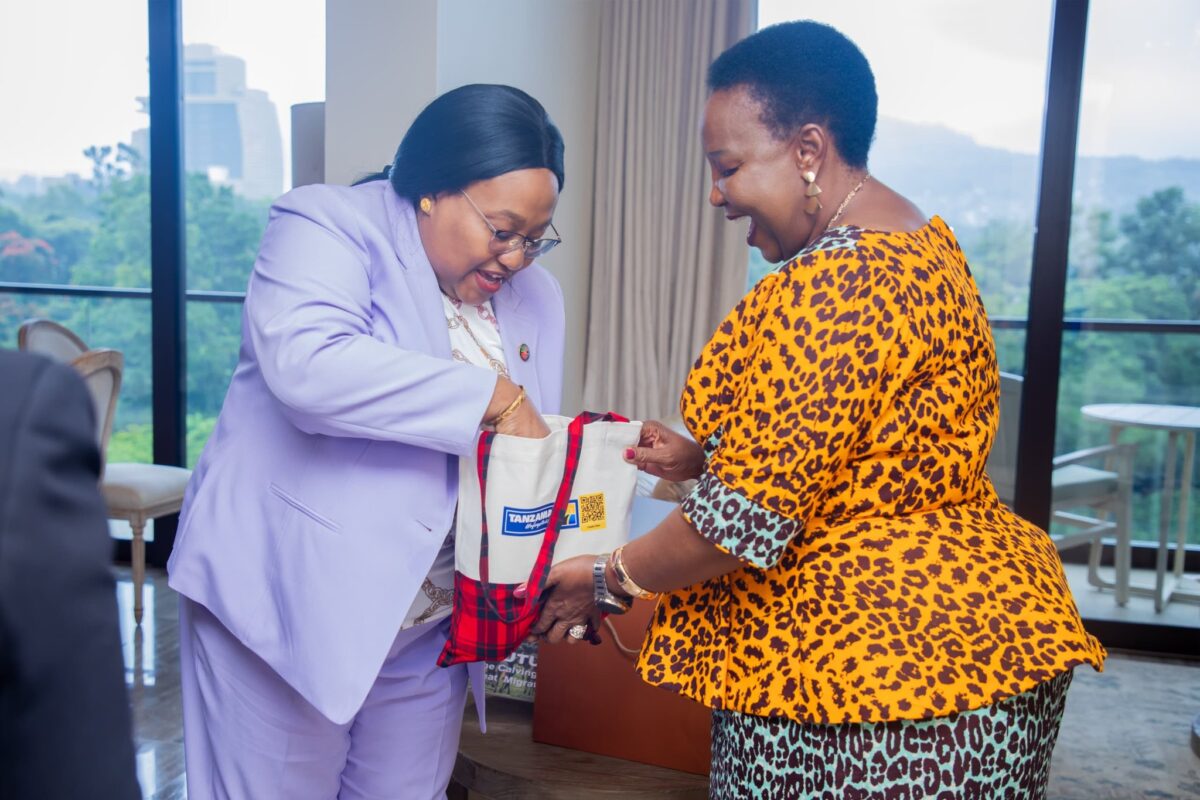GABORONE, Botswana – Botswana’s governing party has suffered a shock election defeat after nearly six decades in power, preliminary election results show.
President Mokgweetsi Masisi’s Botswana Democratic Party (BDP) lost its grip on power on Friday after opposition parties secured 31 of 61 seats in parliament, tallies released by the electoral commission showed.
The BDP, which has governed the diamond-rich Southern African nation since 1966, had won only one seat as of early Friday morning.
Vote counting was continuing.
The Umbrella for Democratic Change, led by Harvard University-trained human rights lawyer Duma Boko, has so far won 19 seats and the Botswana Congress Party, headed by economist Dumelang Saleshando, took seven, according to the early tallies.
Botswana Patriotic Front, established by followers of former President Ian Khama after his exit from the BDP, secured five seats.
Under Botswana’s constitution, the party that holds a majority of parliamentary seats can choose the president and form a government.
Masisi, a 63-year-old former high school teacher and UNICEF worker, had been widely expected to keep his parliamentary majority and serve a second and final term.
Often held up as one of Africa’s greatest success stories, Botswana ranks among the wealthiest and most stable democracies on the continent.
But a global downturn in demand for mined diamonds, which account for more than 80 percent of the country’s exports, has taken a toll on the economy.
Economic growth is expected to slow to 1 percent in 2024, according to the International Monetary Fund, down from 2.3 percent last year and 5.5 percent in 2022.
Botswana’s vast diamond reserves, discovered just after independence from Britain, have driven growth and development, lifting the arid country out of extreme poverty.
But today it ranks as one of the most unequal nations in the world while Masisi’s first five-year term has seen unemployment among the 2.6-million population rise to 27 percent amid a downturn in growth partly linked to weakened diamond sales.
The government has also faced allegations of corruption, nepotism and mismanagement.
Masisi was elected in 2019 with around 52 percent. – AFP
















